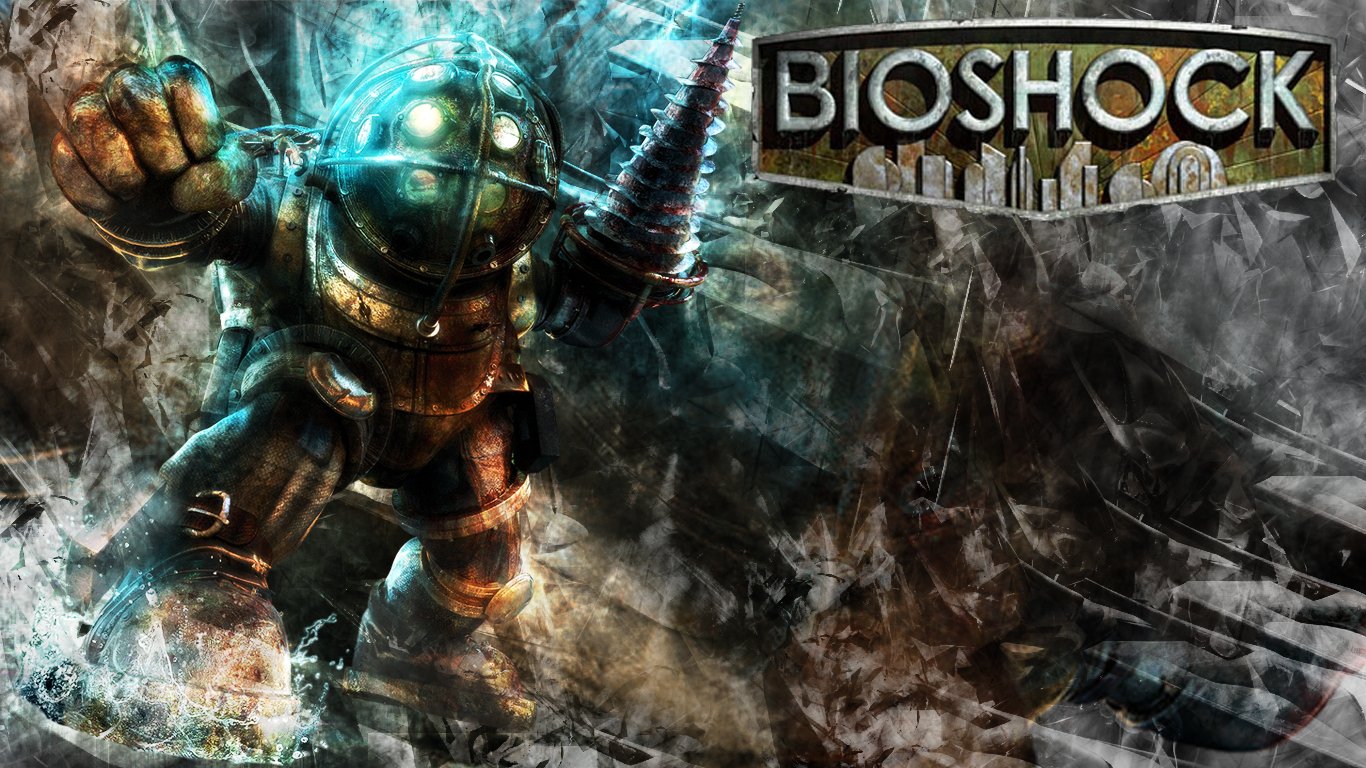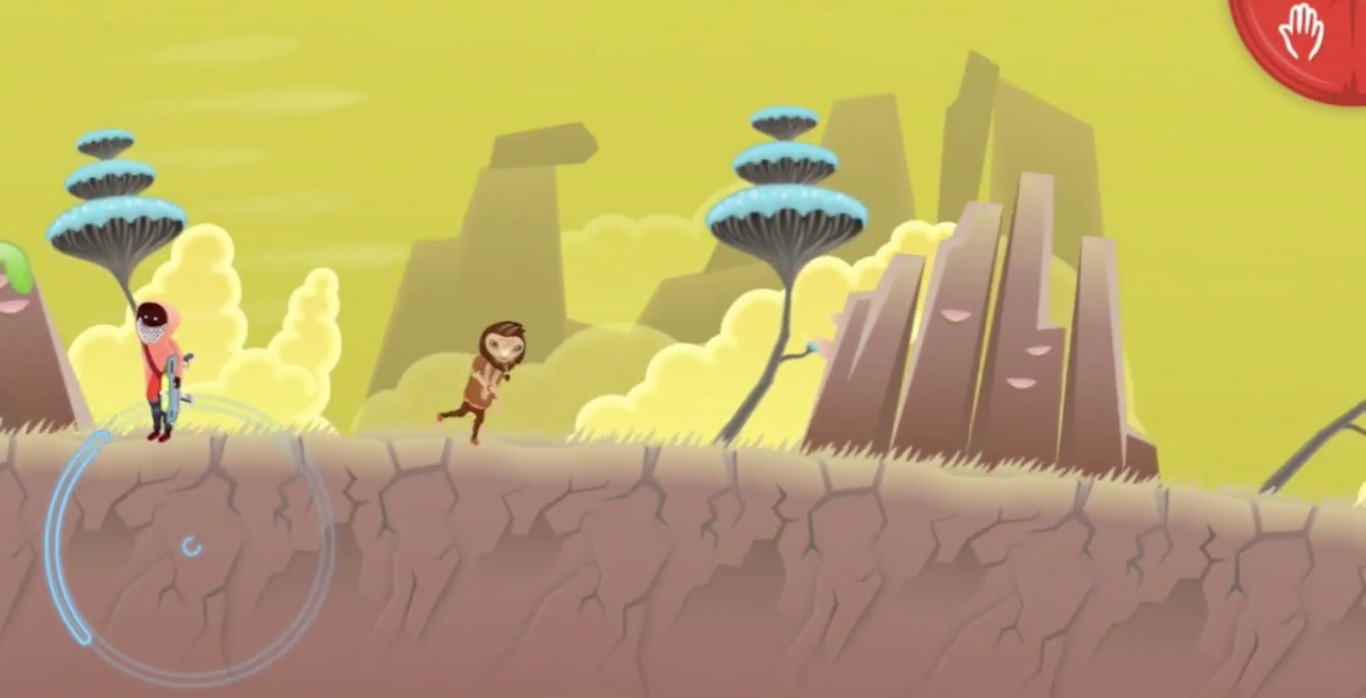I can vividly remember the first time I ever played a game on iOS. I was going to see my oldest brother at Durham University, in the coldest and wettest corner of England. It was the Winter of 2008 – I was only twelve years old – and my dad had recently bought the new iPhone 3G. In the evening, and after endless persuasion, I finally convinced him to download a couple of applications – namely Cube Runner (Free) and Tap Tap Revenge – from the recently released store, and managed to snare the device off him for a few minutes. I know it is horrendously cliché, but I instantly fell in love with the iPhone. While the Wii had given me a brief impression of gyroscopic controls, this was my first exposure to a truly capacitive touchscreen, and being able to access these games from nothing other than the hotel WiFi was incomprehensible to my young and highly impressionable gaming mind. However, while Cube Runner is inexplicably still available to play on the App Store today, the original Tap Tap Revenge is not. Like it or not, without some questionable tinkering to my device, I can never relive those first moments of playing that game.
After this brief encounter with mobile games, I managed to persuade my parents to let me borrow their redundant original iPod Touch, and followed the many releases as an avid reader on TouchArcade. However, I was still so young that I didn’t even have a bank card at the time, so had to rely on the generosity of my family as well as iTunes gift cards at my birthday and other holidays. One game that was forever on my watch list was the original Rolando – the unique use of the iPhone’s assets coupled with the universal critical acclaim and Loco Roco-esque graphics made it seem like the first true ‘game’ on the App Store, and I was desperate to try it out. Fast forward to Christmas 2009 – I was lucky enough to receive a third generation iPod Touch of my own, as well as an iTunes gift card that I put straight to work in downloading the first Rolando game. Similarly to my first impression, I was immediately stunned by how impressive the game was to actually play. Whether it was the hype and expectation around it, or merely the context of when I was able to play it, Rolando will always hold a special place in my memory not only in mobile gaming, but the whole medium as a whole. However, Rolando is no longer on the App Store, and I can no longer play the game again and remind myself about those formative years of my youth.
Those two nostalgic tales of my fondest App Store memories may seem self-indulgent (and you’re probably right) but I’m sure everyone reading this article can recall their own memories that are similar to mine, whether that’s on the iPhone or reaching all the way back to the early days of the NES and beyond. However, while one might go up to the attic, bring down a SNES, and fire up Super Mario World to show their children the joys of their childhood, someone who started with something such as Rolando or Tap Tap Revenge cannot do the same on the App Store. This is a problem that is intrinsic in an entirely digital platform, but nonetheless a problem that is severely affecting iOS gaming as a whole. Apps and games disappear for a whole host of reasons – in some cases, developers may go bust or merely not have the money to continue to front Apple’s fee to publish games on the App Store. Games may be rendered unplayable by Apple’s successive and relentless iterative iOS updates. In rare cases, they may just disappear from the App Store completely for no reason whatsoever. Of course, with enough time, effort, money, and controversial tinkering you may be able to resurrect certain games through jailbreaking, but for the majority of people who own one iDevice that they depend on on an everyday basis this is unpractical, if not impossible.
As a result, the history of mobile gaming is slowly dying as these games fade from the consciousness of mobile gamers and as massively popular free-to-play games such as Clash Royale (Free) and Pokemon GO (Free) cannibalise the discussion. I mean no disrespect to either title – Pokemon GO was my favorite game of 2016, and both will certainly be remembered for many years to come. However, the extreme success of games such as these, coupled with the dynamic and unforgiving nature of the App Store swallowing up developers, companies, and applications on an unprecedented scale means the early years of iOS’s life are constantly becoming an ever smaller footnote in the broader tale of iPhone and iPad gaming, and this is sad. Furthermore, while some of the larger games such as Rolando may be preserved by Wikipedia pages, smaller ones may only be remembered by dedicated mobile gaming websites such as this very site, and a number of other ones. In that, however, lies another problem – the alteration in the App Store environment is making websites such as TouchArcade struggle to make enough money to stay alive, and many have fallen victim to this change in circumstances. God forbid TouchArcade ever cease to exist, but hypothetically if we vanished from the internet today, a huge number of smaller games – that many hold extremely dear in a similar way to how I remember Rolando – will suddenly vanish from the face of the earth, and will be forgotten in history.
iOS games disappearing from the App Store present not only a sentimental issue, but also a trust one. The story of Bioshock is appalling, with the game being rendered broken after a paltry eight months, potentially days after many mobile gamers bought the title originally. Cases such as Bioshock shouldn’t be happening on iOS, and believe me when I say that myself, my colleagues at TouchArcade, and the community as a whole will strive to use our respective platforms to try and make such practices end as soon as humanly possible. However, I’d like to stray from this narrative for this article, as I truly believe that the case of Bioshock doesn’t really matter in the long term for iOS gaming. I hope everyone affected got their well-deserved refunds, but I highly doubt that, with the game an undeniably better and more accessible experience on a seemingly infinite number of alternative platforms, Bioshock for iOS will go down as much more than a speed bump in the history of mobile gaming, let alone a title that will be as fondly remembered as some of the aforementioned releases (if I’m wrong, please do let me know). Ultimately, there isn’t that much that we can do about many of the causes of games disappearing from the App Store – some developers may not be able to afford the iTunes fee anymore, which is completely understandable even if it is sad. I can’t stop developers such as Ngmoco and Tapulous from being bought and absorbed into far larger corporations. I also can’t prevent Apple from accidentally including game-destroying tweaks to their iOS firmware, especially when they are reluctant to take gaming on the iPhone truly seriously.

Many of these issues are new ones that are faced by the age of digital downloads in gaming, but a few are unique to how, unlike the mainstream console devices, the iPhone and its firmware are constantly evolving, all the while trying to keep games that were created on archaic architecture still relevant. Sony have had extensive problems in terms of backwards compatibility, and the unforgiving nature of the App Store means that some games will eventually become unplayable. This may feel overwhelming – it sure did for me, I can assure you – but there are still ways of preserving the history of mobile gaming, and only you, the mobile gaming enthusiast, can save it. Firstly, supporting sites such as TouchArcade and communities like the TouchArcade Forums is vital in keeping the history of many of the smaller events in the timeline of mobile gaming alive long after they fade into obscurity. I say this as a genuine fan – I was reading TouchArcade long before I could even imagine the possibility of writing an article such as this for the very website I idolised, and I can’t stress enough the part that it has played in helping me discover the most valuable gems in the App Store; I’m certain this is an experience that is shared amongst many. Whether it’s Shaun’s quite literally epic RPG Reload articles that serve as the sole in-depth look to many iOS titles; whether it’s Carter’s intricate and classically controversial analysis of many of the major events in the iPhone’s lifespan; whether it’s any of the other brilliant work my fellow writers do, or any of the excellent posts that forum members share with us on a daily basis. As much as this is a plug, I’d passionately suggest anyone who wants to secure the history of iOS gaming to either consider donating to our Patreon, or simply keep up the excellent community work on our forums.
That being said, the pivotal point I want to emphasise to everyone reading is to enjoy these excellent, eccentric, and extraordinary gaming experiences while you still can. Don’t leave games lying around for years unplayed, and don’t be put off that premium game because there’s a possibility that in ten years you might no longer be able to dive back into it. It’s highly likely that in a decade many of your favourite iOS games may no longer work – it took Rolando less than that to become unplayable, and that is an unfortunate reality that, for now, the mobile gaming community will have to deal with. While I may no longer be able to fire Rolando up on my phone, at the very least I have those fond memories to remember it by, and the epithet at the beginning of this article will only further strengthen its memory – and history – on the App Store. Only you can save the history of mobile gaming, by writing about the apps you’ve enjoyed playing, talking about those obscure titles that are prominent in your memory, and immortalising games on the iPhone that you love to ensure they live on long after that fateful day when they cease to exist. As a result, I’ve created a thread on our forums dedicated to everyone’s fondest recollections of mobile gaming – I’d love to hear what was that first wow moment that captivated you in regards to the iPhone, whether that’s something as old as Cube Runner, or even a release as recent as RollerCoaster Tycoon Classic ($5.99) or Red’s Kingdom ($2.99), with a view to compiling them to share with the world as a front page article in the near future. Let’s celebrate the App Store as its own video game platform that is both equal with those classic consoles of our youth, but also one that is unparalleled in size, scope, and variety. The history of mobile gaming may be slowly evaporating before our eyes, but I’ll be damned if we let it disappear without a fight.
